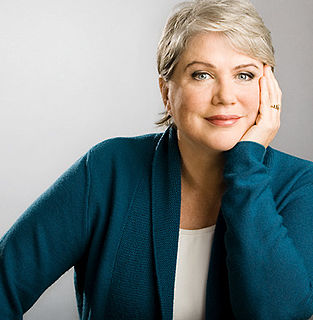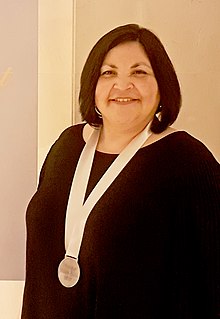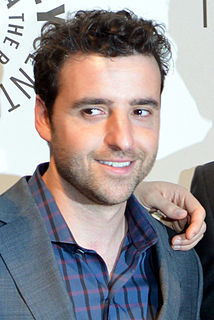A Quote by Richard Madden
Related Quotes
We talk about how we think, believe, suspect Michael Jackson treats children. We don't talk about how WE treat child stars. Child stars are abused by the culture. And what's more treacherous than when the rewards of child stardom issue from the abuse?
Child stars are performers above all else. Whenever their triumps, they are going to make sure we see everyone of their scars. That's the final price of admission.
It took me years, but letting go of religion has been the most profound wake up of my life. I feel I now look at the world not as a child, but as an adult. I see what's bad and it's really bad. But I also see what is beautiful, what is wonderful. And I feel so deeply appreciative that I am alive. How dare the religious use the term 'born again.' That truly describes freethinkers who've thrown off the shackles of religion so much better!
To me, the grotesque is like a sonic manifestation of reality. I don't know how you could look out onto our world and see only beauty. And I like beautiful things. I like the aesthetically harmonious. But I am much more attracted to something that is off-kilter. It is a truer reflection of not only nature, but the human spirit - the state of the world. I just think everything feels a little off.
Most Southerners recognize when a story about their own experience feels off-kilter or offensive. But Southerners are also fascinated by the way their region is presented in popular culture. It is exciting to see how filmmakers take great care to present worlds in which race, region, and food are deeply intertwined.
The bottom half of humanity is living in severe poverty; not all of them are malnourished or severely deprived now, but they are extremely vulnerable to even small upsets in their income or in the prices they face of basic necessities, and when something like this happens, they can be thrown off kilter in terms of a disease of a family member or a change in food prices; anything like that can throw them into destitution.
Do you see, Arren, how an act is not, as young men think, like a rock that one picks up and throws, and it hits or misses, and that's the end of it. When that rock is lifted, the earth is lighter; the hand that bears it is heavier. When it is thrown, the circuits of the stars respond, and where it strikes or falls the universe is changed.
I reach readers rather unintentionally, I think, and those readers likely connect with the slant, the off-kilter, the part of the road you can barely see from the well-traveled road. So, when I'm writing, I'm not thinking about audience at all. Instead, I'm trying to see behind those shrubs, down that hidden path. We're the weirdos of the world and there are so many weirdos.
People have stars, but they aren't the same. For travelers, the stars are guides. For other people, they're nothing but tiny lights. And for still others, for scholars, they're problems... But all those stars are silent stars. You, though, you'll have stars like nobody else... since I'll be laughing on one of them, for you it'll be as if all the stars are laughing. You'll have stars that can laugh!... and it'll be as if I had given you, instead of stars, a lot of tiny bells that know how to laugh.
I see it as this: I send my kids to school not only to learn how to read and write and do math, but also to develop socially. So if there's a negative interaction between my child and another child, what I want to know is, how was it handled, what lessons came out of it, and, of course, is my child okay?




































